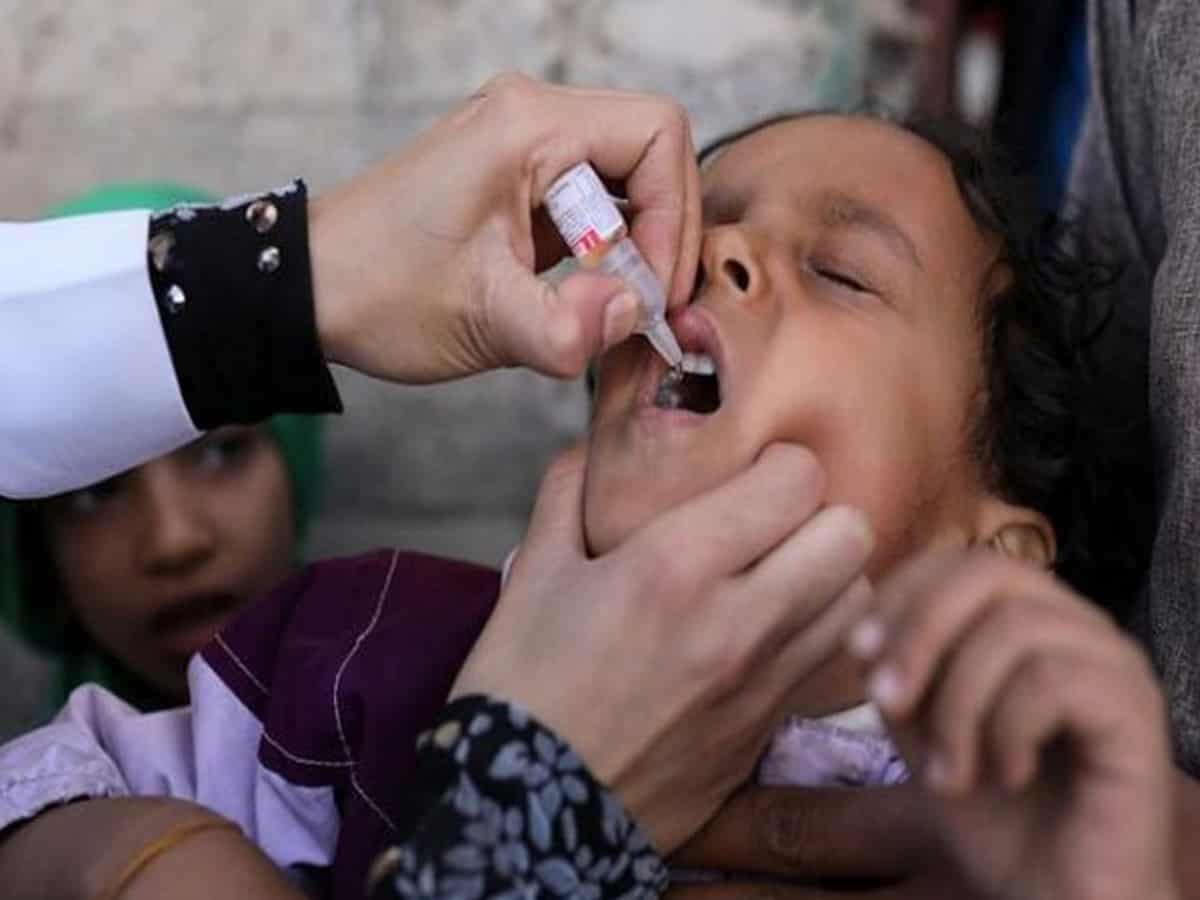
Ramallah: The Gaza Strip recorded the first case of poliovirus infection in 25 years as the enclave continues to toil in the protracted conflict.
The Ramallah-based Palestinian health ministry on Friday said a 10-month-old child in Deir al-Balah, Gaza, tested positive for a vaccine-derived poliovirus strain.
Before the ongoing conflict began in October 2023, the enclave had been polio-free for 25 years, according to the World Health Organization (WHO), Xinhua news agency reported.
The child, who had not received any polio vaccinations, displayed symptoms doctors suspected matched polio disease. After conducting the necessary tests in Jordan, the ministry confirmed the infection as a strain of vaccine-derived poliovirus.
The ministry said its teams in Gaza and the West Bank, in collaboration with international organisations, have been working over the past weeks to develop a comprehensive plan for an expanded vaccination campaign against polio in the Gaza Strip.
The ongoing Israeli “aggression” against Gaza has caused a health disaster in the enclave, it added.
Earlier on Friday, the United Nations said it is set to launch a two-phase campaign to vaccinate more than 640,000 children in Gaza under the age of 10 starting at the end of August.
The WHO has already approved the release of 1.6 million doses of the polio vaccine and the UN Children’s Fund is coordinating delivery efforts and the cold chain equipment needed for storage, the UN said.
Meanwhile, Hamas said in a statement that it supports the UN’s call on Friday for a seven-day truce to vaccinate thousands of children against polio, and demands the delivery of medicine and food to more than two million Palestinians trapped in the enclave.
UN statistics showed that Gaza had 99 per cent vaccination coverage prior to the conflict that erupted in October 2023, a rate that has now dropped to 86 per cent due to the decimation of the health system, lack of security, destruction of infrastructure, mass displacement, and shortage of medical supplies.
